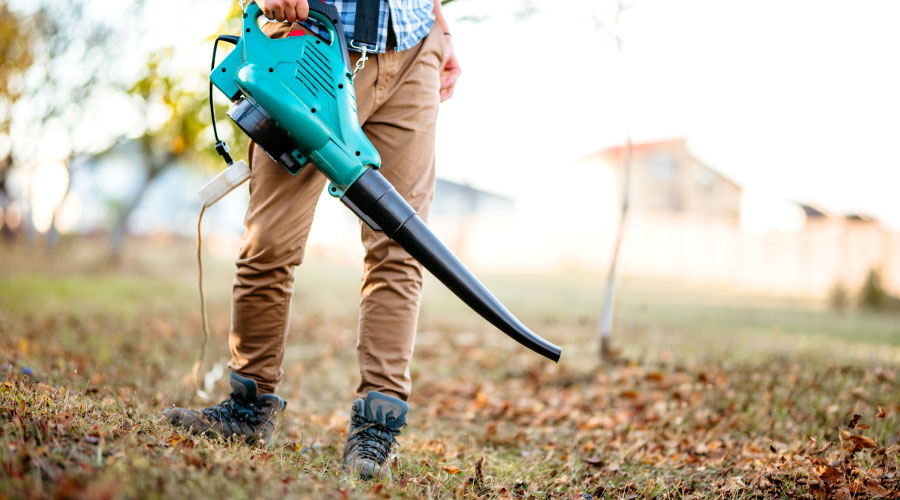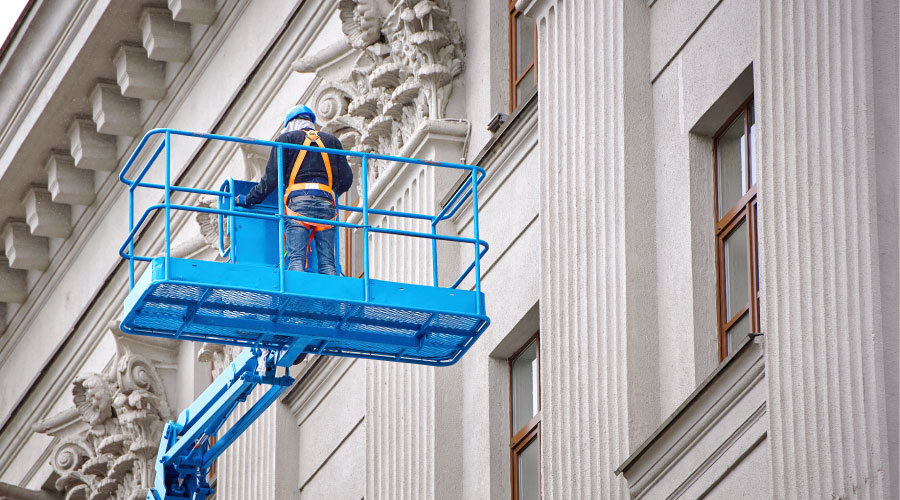Well-Made Rental Agreement Vital to Managers
From concrete and masonry tools to grounds-care attachments and personnel lifts, maintenance and engineering departments rely on a range of rental equipment to handle specialized, one-time tasks in institutional and commercial facilities. No matter the equipment in question, managers can deliver a successful rental project by ensuring the rental agreement is clear, comprehensive, and effective.
This process involves taking time to address key considerations in equipment rental contracts, including workers compensation, liability insurance, equipment delivery and inspection, equipment-return arrangements, and warranties.
Solid agreement
Renting equipment for maintenance and engineering tasks helps managers avoid many of the costs of ownership, such as transportation, long-term maintenance and storage costs, unused time, annual insurance, and full-time storage space. But managers do incur other responsibilities as a result.
The best way to eliminate surprises is with a well-made rental agreement. The best agreements contain information such as the address for pickup or delivery of the equipment and a list describing each item separately. The equipment list should contain key information for each item: equipment description, including manufacturer, model, and serial number; location where equipment will be used; rental period; rental agent name and address; amount of security deposit; and the rental rate and base, e.g. dollars per day, week, or month.
The remainder of the agreement contains the terms and general conditions of the rental. Anything not in writing can be added with a rider, providing this occurs before the agreement is signed.
For managers to ensure what they want in a piece of rental equipment is what they get, they need to address key contract provisions, which will help avoid costly missteps during the life of the agreement.
Workers compensation, liability
If a rental company providing the equipment for the maintenance project provides an operator, it also provides workers compensation and liability insurance against injury and loss or damage. Managers should be sure the company also delivers an insurance certificate before equipment arrives on site, and they should check the certificate for beginning and ending dates to ensure it is valid.
Another important consideration is that the operator is properly licensed, with the necessary current license documentation for the specific equipment being rented. Workers compensation covers accidents and disease. In addition to personal injury and medical expenses, liability issues include fire damage, automobile liability, equipment damage, and theft liability.
Managers should not overlook the issue of theft. Though not advised, it is common practice to park heavy equipment on the jobsite with the keys in the ignition overnight or on weekends. One recent theft involved a 33-ton, $400,000 excavator that required a flatbed to move. Think how much easier it would be to steal small equipment items.
Related Topics:











